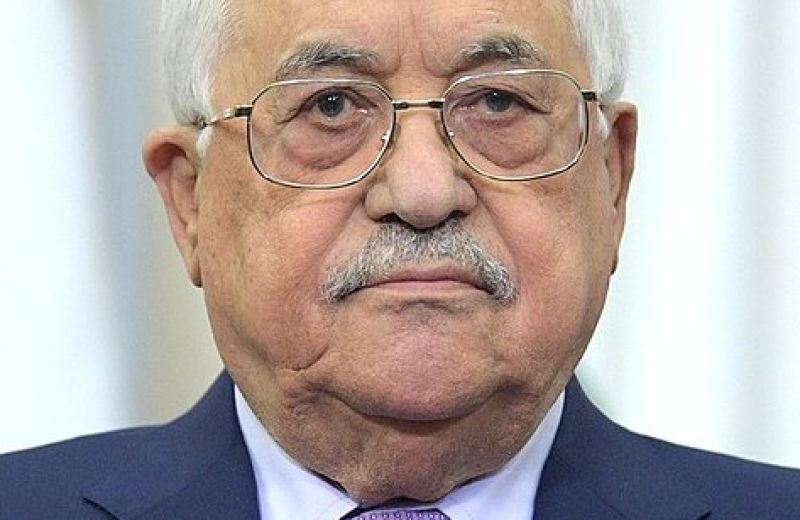 Policy Papers and Reports
/ The Israeli-Palestinian Peace Process
Policy Papers and Reports
/ The Israeli-Palestinian Peace Process
The agreement signed between Fatah and Hamas on 12 October 2017, under the auspices of Egyptian intelligence, is in fact a memorandum of understanding that signals the beginning of a process of dialogue between the Palestinian factions on the road to a national unity. It lays the foundation for a gradual progress towards elections, the results of which (assuming they take place) will shape political decisions reflecting the will of the people.
The internal Palestinian split, manifested in the creation of two geographically and culturally distinct political entities – in the Gaza Strip and in the West Bank – has continued for a decade. Throughout this period, the difficulty in bridging the gaps between Fatah and Hamas stemmed from disagreements in the political and social worldview regarding the character of the future Palestinian society and state. It was also a result of the violent circumstances in which the split emerged in 2007 – killings and violent struggle between the two movements in the Gaza Strip.
The cautious optimism among Palestinians following the signing of the Fatah-Hamas agreement is a product of the changing circumstances; first and foremost, the increasing Egyptian involvement in the reconciliation process. It was Egypt, which through a persistent struggle succeeded in creating the current path for the Palestinian dialogue. This has been accomplished after Egypt emphasized its crucial role to both sides and created a system of dependencies.


